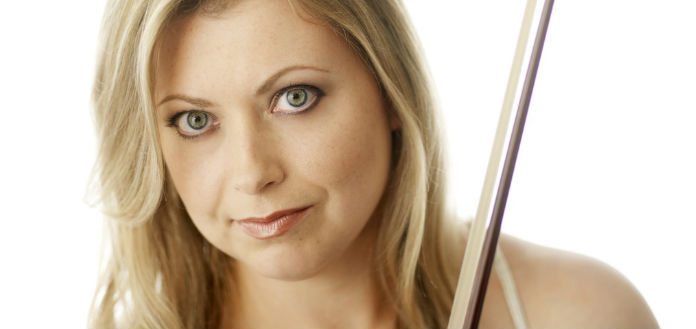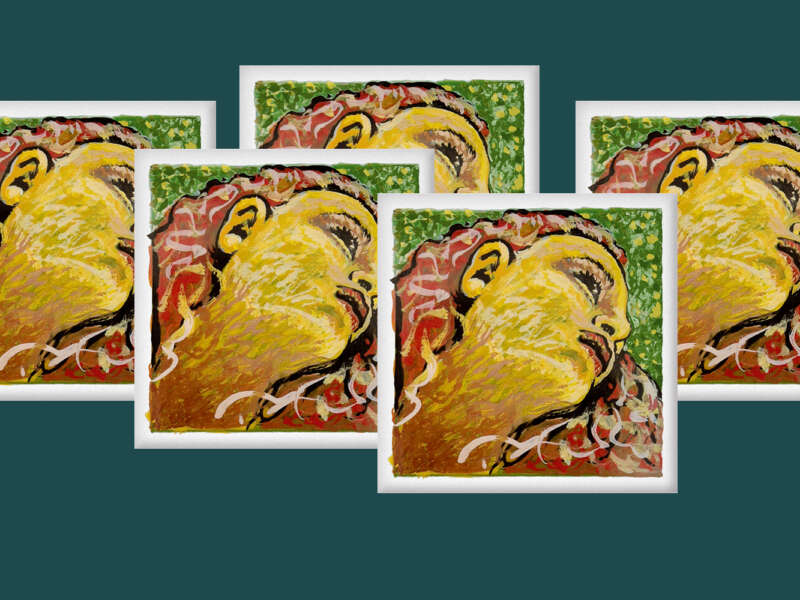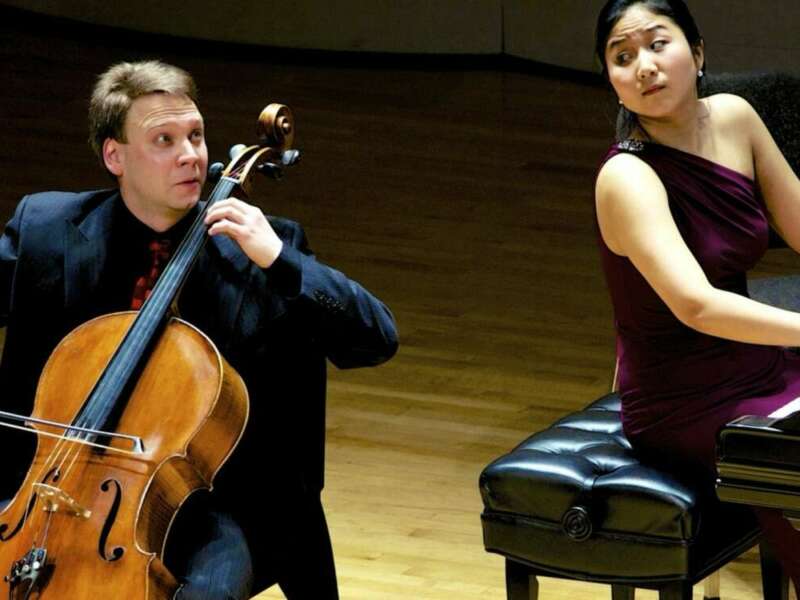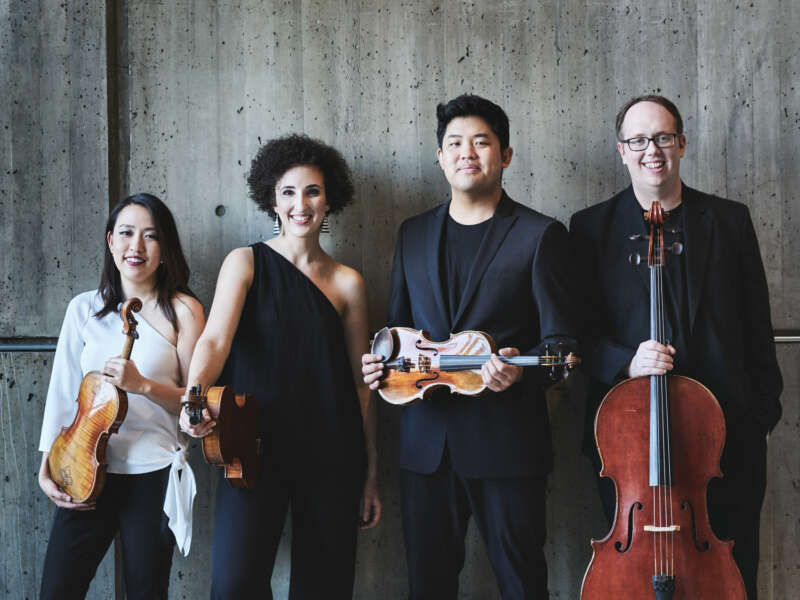Violist Helen Callus on Looking Beyond Just Scales & Etude Books
Violist Helen Callus talks us through the importance of conceptual practice and of creating one’s own problem solving exercises beyond scales and etudes
To progress as musicians, we not only have to have new repertoire being constantly added to the list of things we can perform. Scales and etudes are also a major component in allowing us to refine our technique so that we can better present the music. However, we must never mindlessly (and aimlessly!) tackle these studies or our time would not be used efficiently. Instead, we should come up with our own exercises to actively stimulate our creative juices.
Northwestern University Bienen School of Music Viola Professor Helen Callus shares her expert advice on the topic.
Violist Helen Callus talks about how we can formulate material Beyond Just Scales & Etude Books
Recently, I have started to think about why today’s students are not always thinking on their own when they practice. Is this something new, something that has changed? On the one hand, the most wonderful thing about our trusted scale and etude books is that all the thinking has already been done by Mr. Galamian, Mr. Flesch, Mr. Kreutzer and most impressively, on every possible variation, by Mr. Sevcik. On the other hand, one of the most beneficial parts of practice is self-discovery and sometimes the best teachers don’t give you all the answers, they give you just enough inspiration to discover all the secrets on your own.
When I was a student I understood that I could learn technique from my pieces. When I hit a stumbling block, I could turn to the great books of technique, find the chapter that dealt with that issue and practice it. The other option was to start at the beginning and learn technique from A to Z. The problem was, I wasn’t thinking on my own, learning on my own and taking responsibility for my own development. I was looking for shortcuts and time-savers.
The biggest impact within my practice came when I began to teach myself. And not just about deconstructing passages but understanding the fundamental building blocks of technique and what I needed to master in order to play whatever was in my creative mind. Technique serves this purpose – it is the skills you need to express your imagination and emotions.
Studying an etude book from start to finish is good but can be done without almost any thought to what you are actually doing. This isn’t your valuable time being used to the very best. And if you are not doing your very best – what are you doing?
What I have found is that conceptual practice (meaning looking at things in a way that isn’t just covered in etude books – creating your own exercises and thinking for yourself) is a wonderful way to come upon the answer by trial and error and problem solving. It sticks in the brain longer. Etude books and teachers are not the complete picture, critical as part of your development, but not everything. Only you can create the complete picture for yourself.
In unpacking some boxes in my teaching studio I came across a wonderful article in a magazine from 1998 about Otakar Sevcik. In it, several great teachers and artists were interviewed about their thoughts about his incredible volume of technique books. The great violinist Ivry Gitlis, a self-proclaimed supporter of Sevcik said something that struck me as interesting, “Both teacher and student should avoid using exercises as a substitute for responsibility and thinking. They are only a means to an end, the end being music.” It seems after all, in the quest for the shorter path, human nature has not changed all that much.
–Helen
Do you have an idea for a blog or news tip? Simply email: [email protected]
Helen Callus, hailed as “one of the world’s greatest violists” (American Record Guide), “a violist of the highest caliber” (Strings magazine), and “one of the foremost violists of her generation” (Fanfare magazine), continues to captivate audiences with her lyrical tone, technical command, and profound artistry. Sought after as a recitalist, chamber musician, and concerto soloist, Ms. Callus has performed with such world-class ensembles as the Tokyo and Juilliard String Quartets and the BBC Concert Orchestra. She is described by The Seattle Times as “a player with impeccable sensibilities and a beautiful sound, infinitely malleable into all kinds of musical subtleties.” The American Record Guide observed that “her playing is so deeply felt [that] the music’s message goes straight to the heart.”
july 2025
august 2025






























